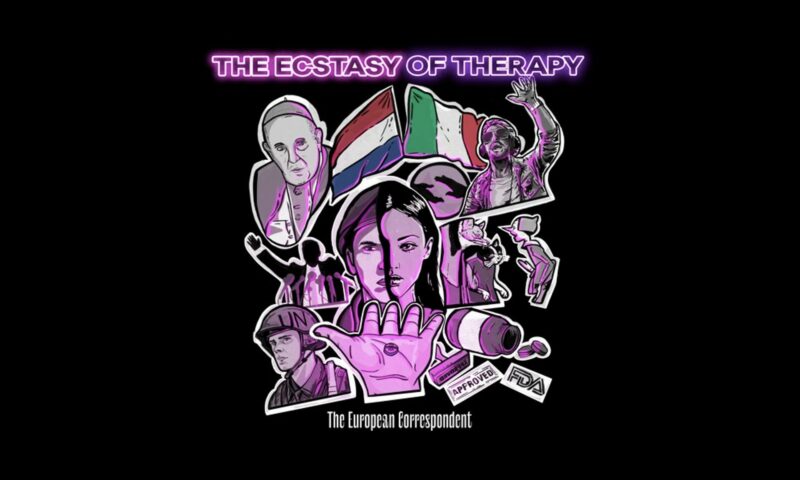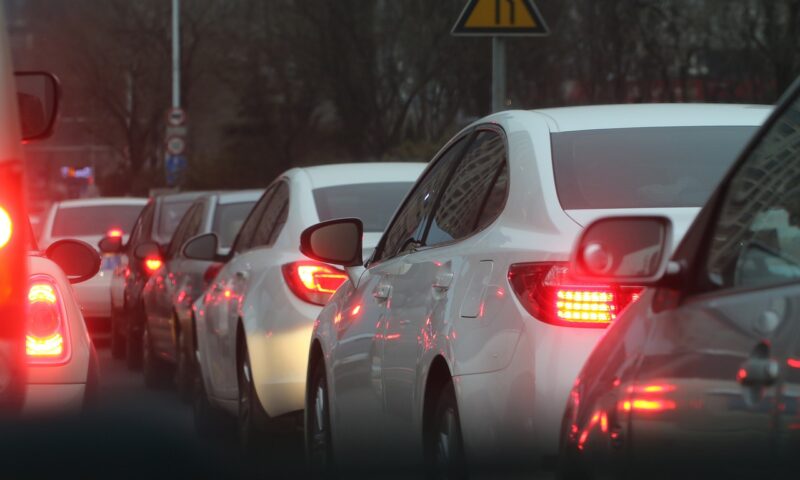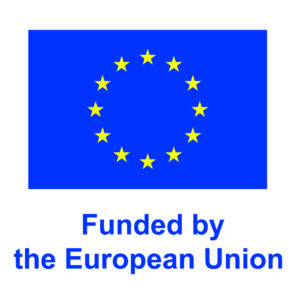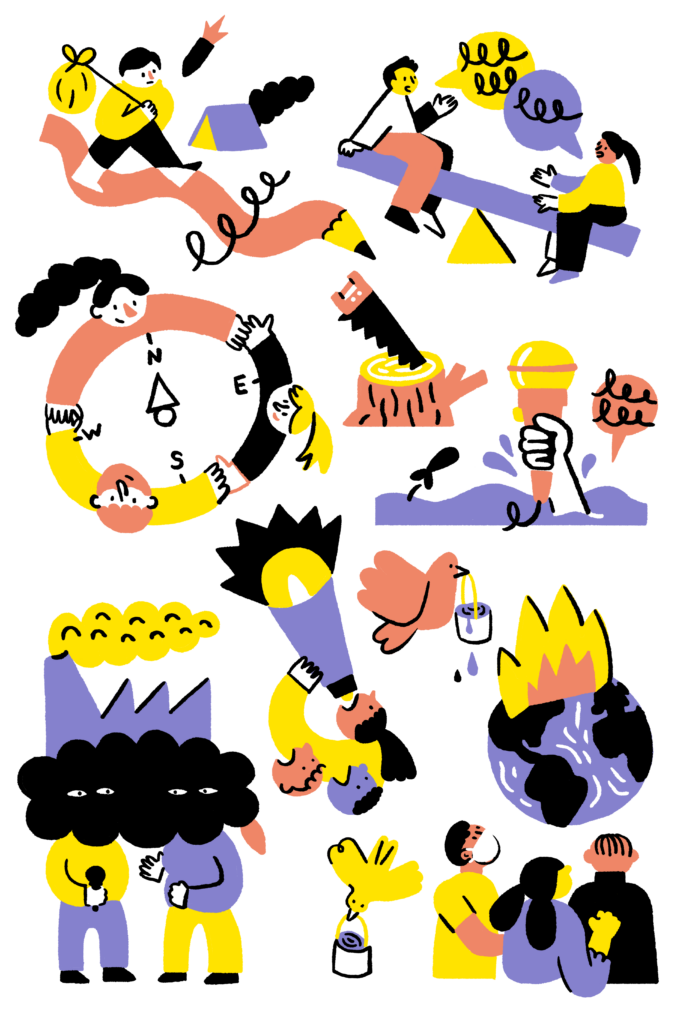

Collaborative Journalism Database
A searchable database of journalism networks, collectives, hubs, and groups from Europe connecting reporters focused on collaborative and cross-border journalism.
Are you part of a group of journalists sharing best practices and want to connect with new colleagues? Are you a freelancer looking for a support network? Are you looking for partners to apply to grants together, to exchange training, or need expertise for an investigation? This directory showcases the growth of collaborative journalism while helping you develop your own network, through practical search features designed with input from journalists. It is free to use.
Search networks
Who are we?
The directory is built by Free Press Unlimited as part of the European Excellence Exchange in Journalism (E3J) Project and supports the organisation’s mission to make independent journalism accessible to all people.
“When journalists work together, publications only get better. This Directory aims to help journalists from different backgrounds and expertise to find each other and collaborate. This expands their knowledge and scope of their work, and with that also their impact. I hope many journalists will find and make use of this Directory, so their stories find their way to the public and keep them informed with trusted information.”
Ruth Kronenburg, Executive Director, Free Press Unlimited
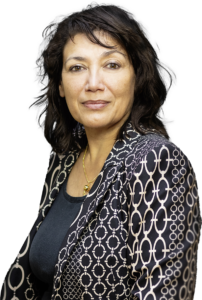
How they do it
Interviews with journalism network directors, coordinators and facilitators about the day to day realities of their work.
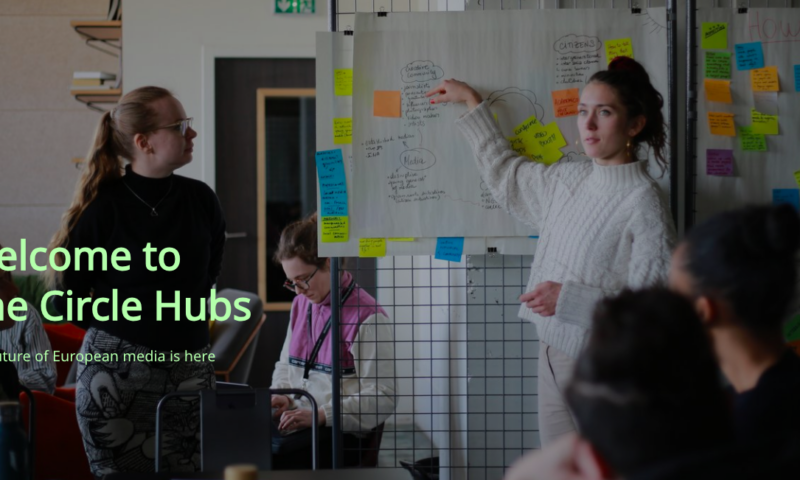
“The future of journalism is collaborative and is decentralised”: Q&A with Sabrina Faramarzi, managing director, Are We Europe
Catalina Albeanu
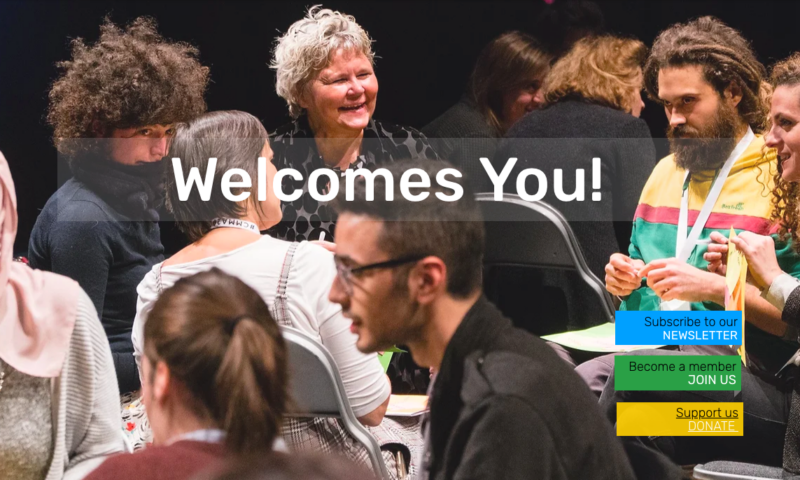
From policy papers to digitalisation: How CMFE makes sure community media doesn’t miss out
Catalina Albeanu
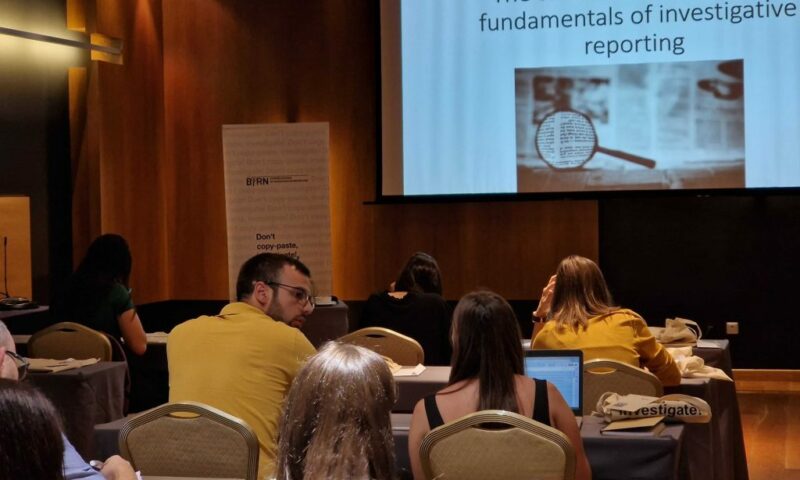
Diving into the structure and process of an almost 20-year old network, with BIRN director Milka Domanovic
Catalina Albeanu
Start the questionnaire to add your network to the Directory of European Journalism networks
Cross-border highlights
A selection of features and investigations produced with support from European Excellence Exchange in Journalism production grants.
